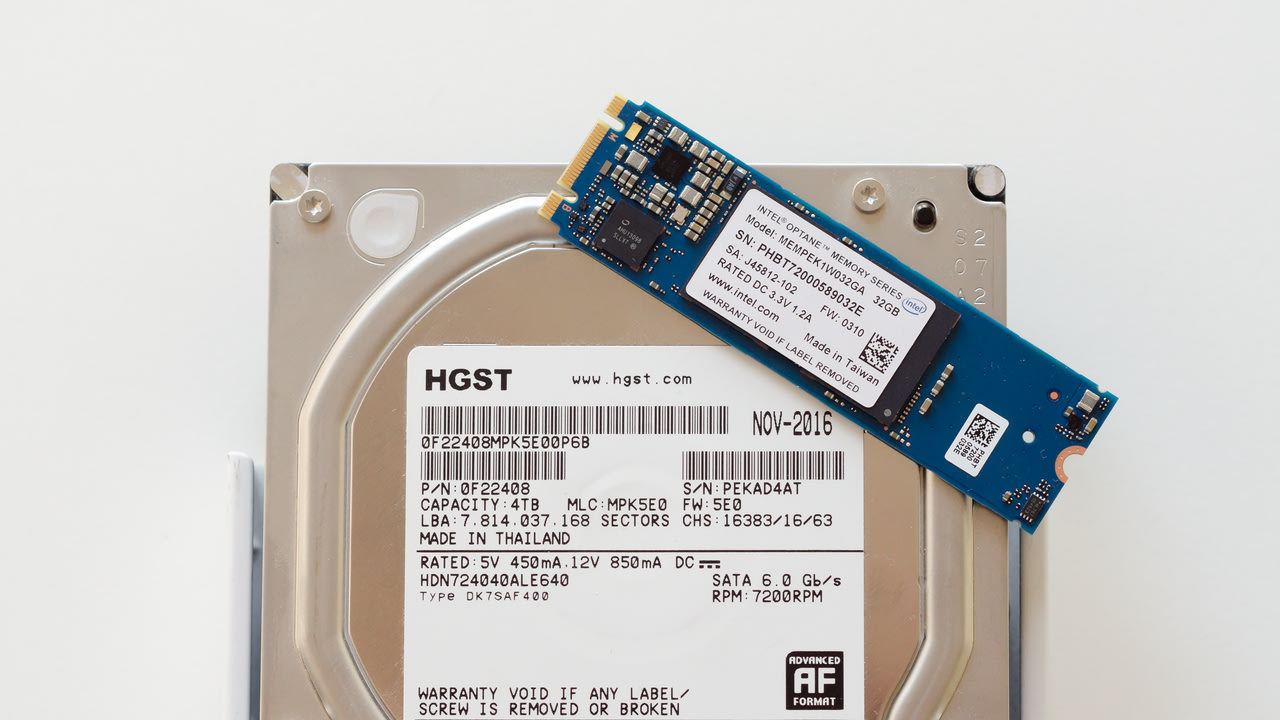Originally posted by landeel
View Post
afaik reflinks don't work in tar balls, so they would have to change that such that the reflinks are created afterwards.
That could make it incompatible with custom proton builds like glorious eggroll, though?
But yeah, the distribution size of proton versions IMO would be a bigger argument actually than the space savings on the disk.
Also, there are very small games (1-100MB). The prefix shouldn't take more space than the game itself.
So, 10 games installed = 3-5 GB of bloat.
It does make a huge difference for people who buy the 64 GB model of Steam Deck.
So, 10 games installed = 3-5 GB of bloat.
It does make a huge difference for people who buy the 64 GB model of Steam Deck.
Of course I don't know how much of a corner case the Steam deck will be. We'll see.





Leave a comment: